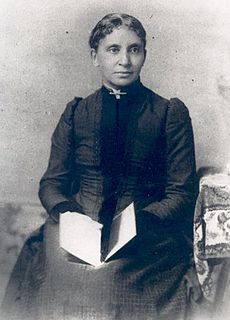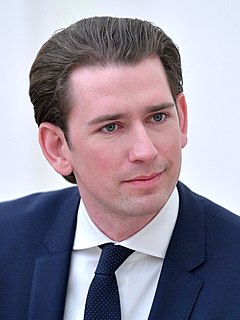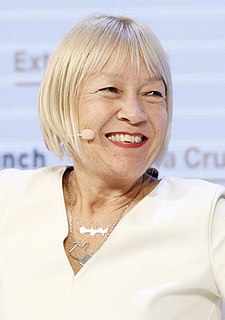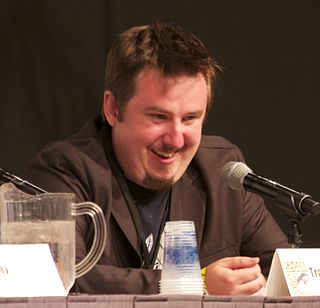A Quote by Emily Haines
It's very hard to separate what is a conscious decision and what's not.
Related Quotes
I'm a very good decision maker because I have core set of principles and so I can make decisions. Decisions can be very hard and you have to wrestle with them, but I'm able to get all the data on the table and figure out what would be the best decision because decisions mean ill for some people and mean positives for others.
I remember starting working on the concept and the script for 'Pacific Rim' with a very, very conscious decision to say, 'I don't want any of these big sequences to take place in America,' because I feel like that's become so regular to the disaster genre, and then it sort of devolves into landmark stomping.
There's a difference between someone who's 'harsh' and someone who is 'hard.' Life was hard. You lived in the South, as my grandparents did, and you had to survive. That is hard. In order to respond to that, he had to become a hard man, with very hard rules, very hard discipline for himself, very hard days, hard work, et cetera.




































